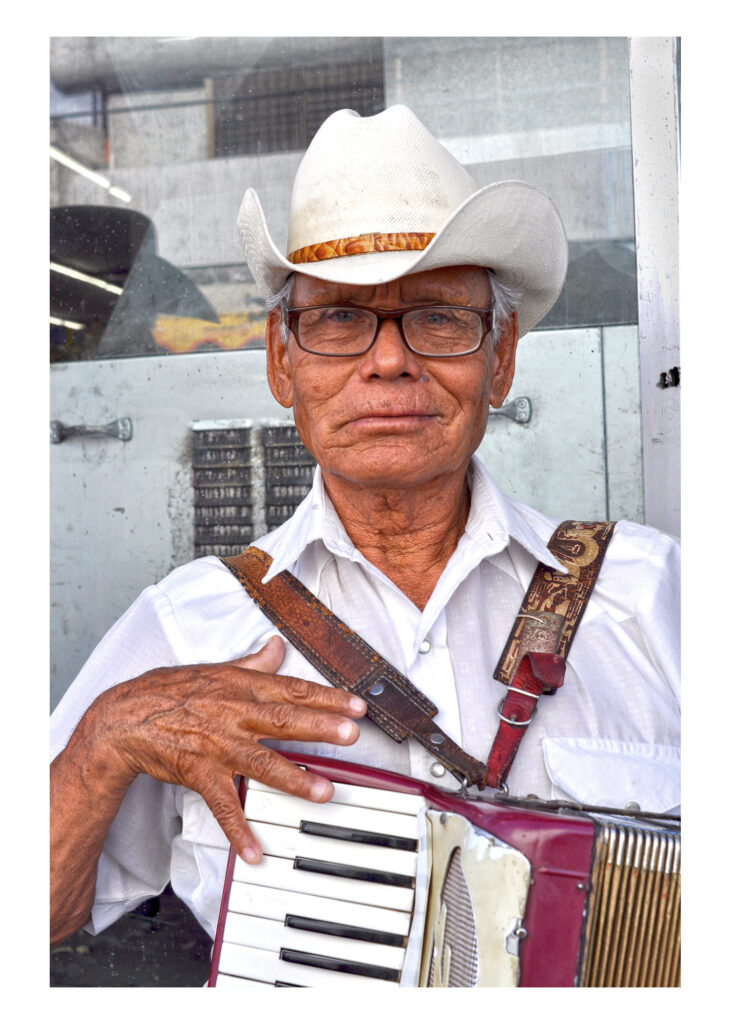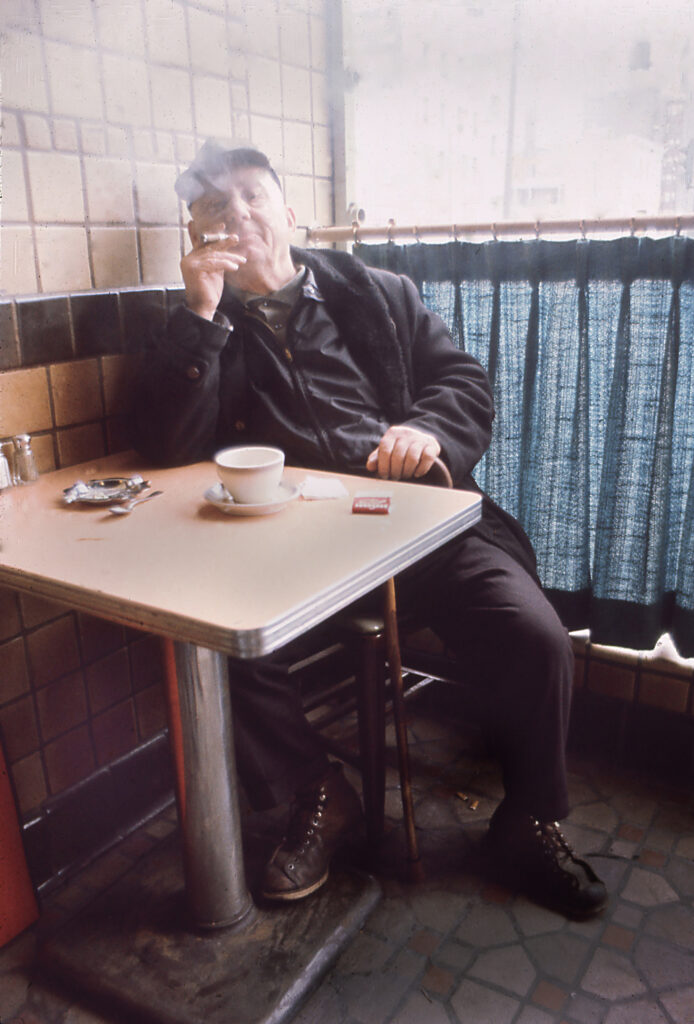What is this trade?

Game Night
As with any form of journalism, photojournalism captures the event of the time and tells its story in a picture. Naturally, pictures often carry more emotional weight than just print, so photojournalism is the emotional capture of time through a photograph.
In doing just that, photojournalism differs from other forms of photography in the sense that it needs to tell a story.
Some photojournalists make a living by so good at their job that they can just submit pictures and not have to worry about paying bills for a while. For the rest of us, there are a variety of ways we can make money; freelance for a paper, join an agency, or just wait for that one image to come and strike people’s heart.
For those lucky enough to get on with an agency, one that can be looked at is the National Press Photographer’s Association. According to their website, a professional photographer pays $110 per year and a student pays $65 per year for the services of the NPPA (2012). Personally, to get my photos out there with a renowned agency like this would greatly benefit me as a photographer without his own camera or computer. On the other hand, I like doing my own work and seeing my own success and having someone else do that for me would be uncomfortable.
Various photo agencies exist in order to perform the task of getting photographers work out to a larger market. Such companies include; The Photo Agency, Magnum Photos, and Panos Pictures.
According to Dillon Westbrook, “As early as the Crimean War in the mid-19th century, photographers were using the novel technology of the box camera to record British soldiers in the field.” (Westbrook).
From 1925 with the innovations of the 35mm camera, so began the golden age of photography, and lasted up into the 70’s. Rachel Towne mentions that with the “new photographic freedom combined with less laborious printing methods rocketed photojournalism into a powerful and common way to convey newsworthy events around the world.” (Towne). Three master of this so called golden era are Bill Brant, Walker Evans, and John Gutmann.
Finding work of various photojournalists can be tough, however there are websites dedicated to doing just that. Looking for one? Try out Time’s LightBox, with the best photos of 2012.
I would love nothing more than to be a new version of John Gutmann. He took pictures of everyday life and showed us how people were actually living, with no add ons or bells and whistles. It seems he just went out with his camera and snapped what he saw, and it just happened to be real moments with real people, or the graffiti they left behind.
-National Press Photographer’s Association. Membership Types and Pricing. NPPA. 2012. Web. 25 August, 2013. https://nppa.org/join-nppa
-Westbrook, Dillon. A Brief History of Photojournalism. 2013.Web. 25 August, 2013.
http://www.photography-schools.com/photojournalismhistory.htm
-Towne, Rachel. A Brief History of Photojournalism. 18 September, 2012. Web. 25 August, 2013.





